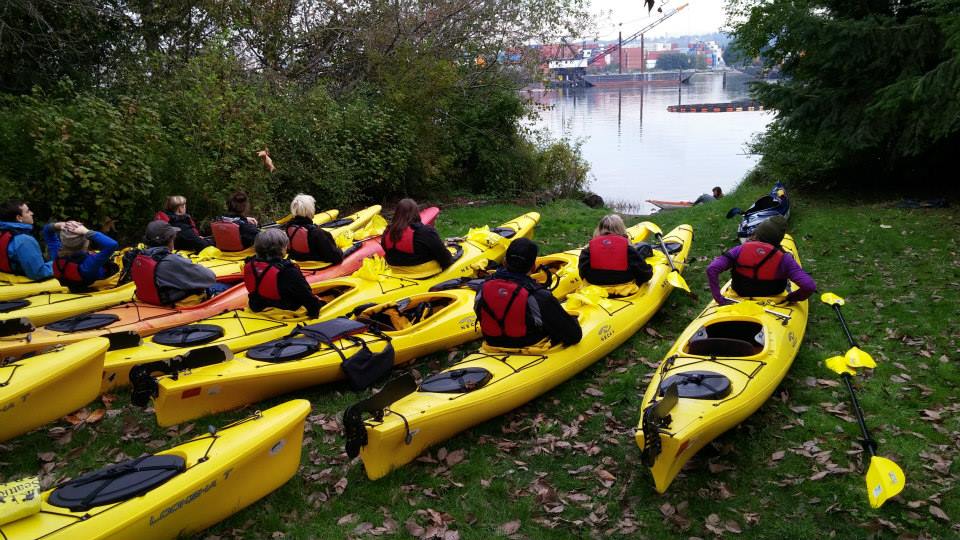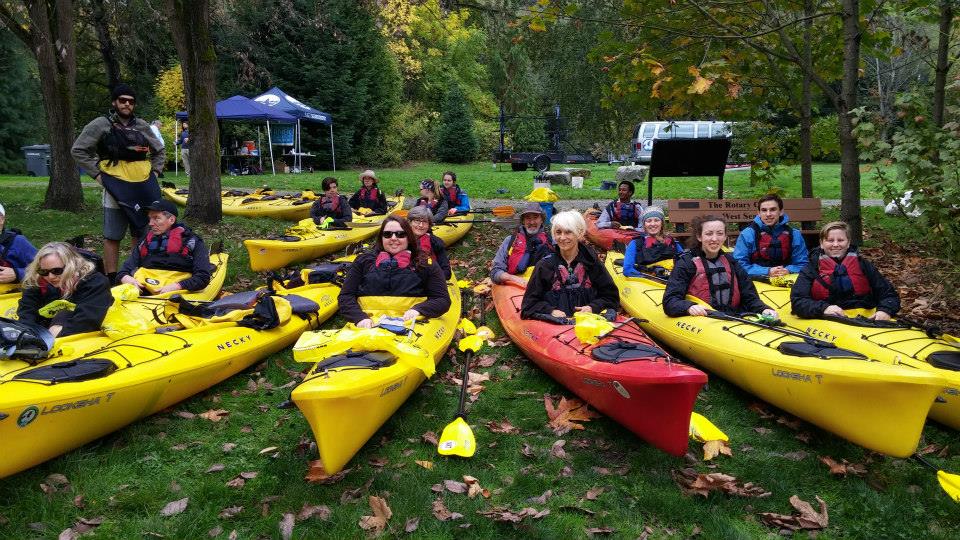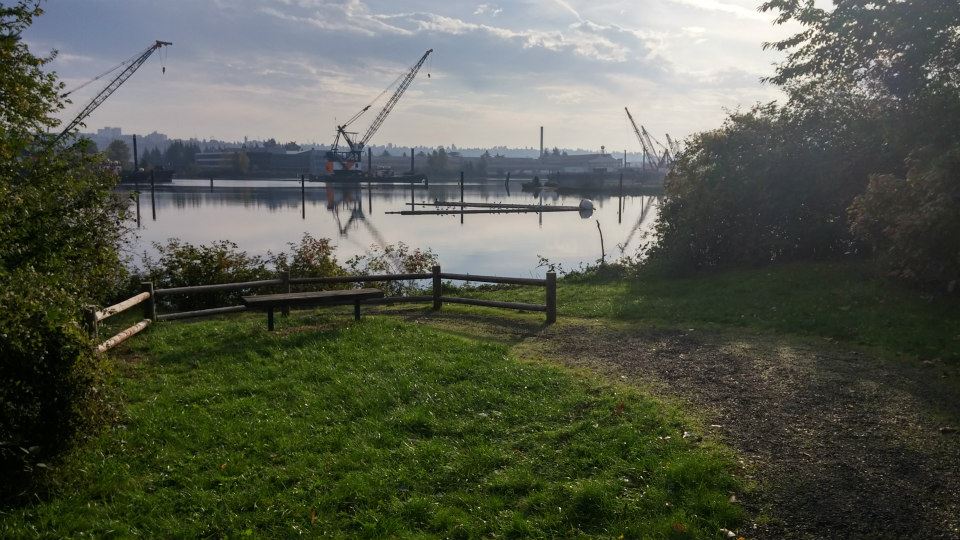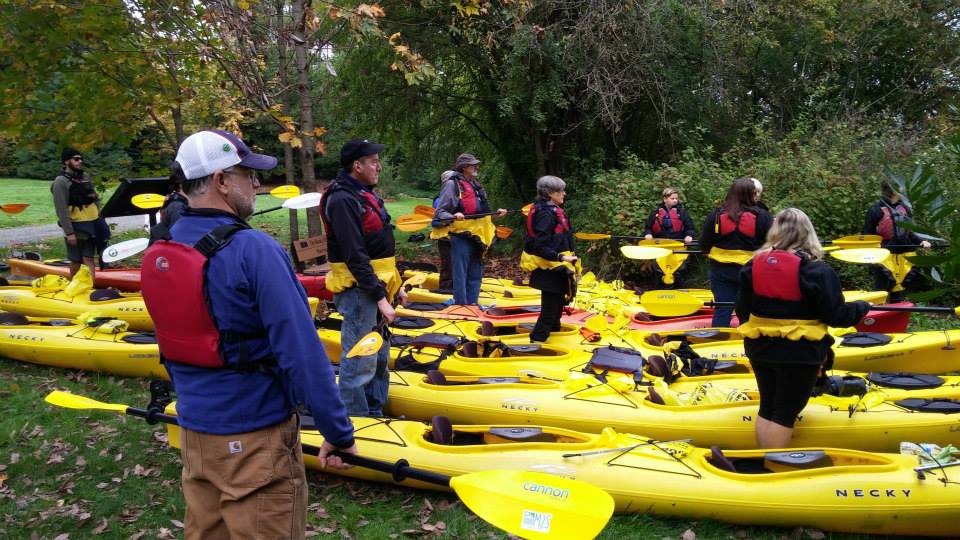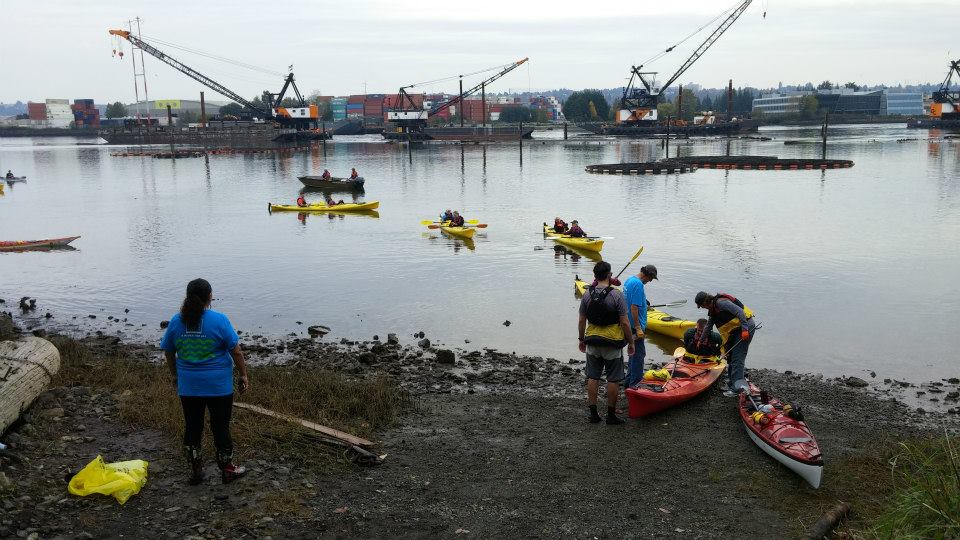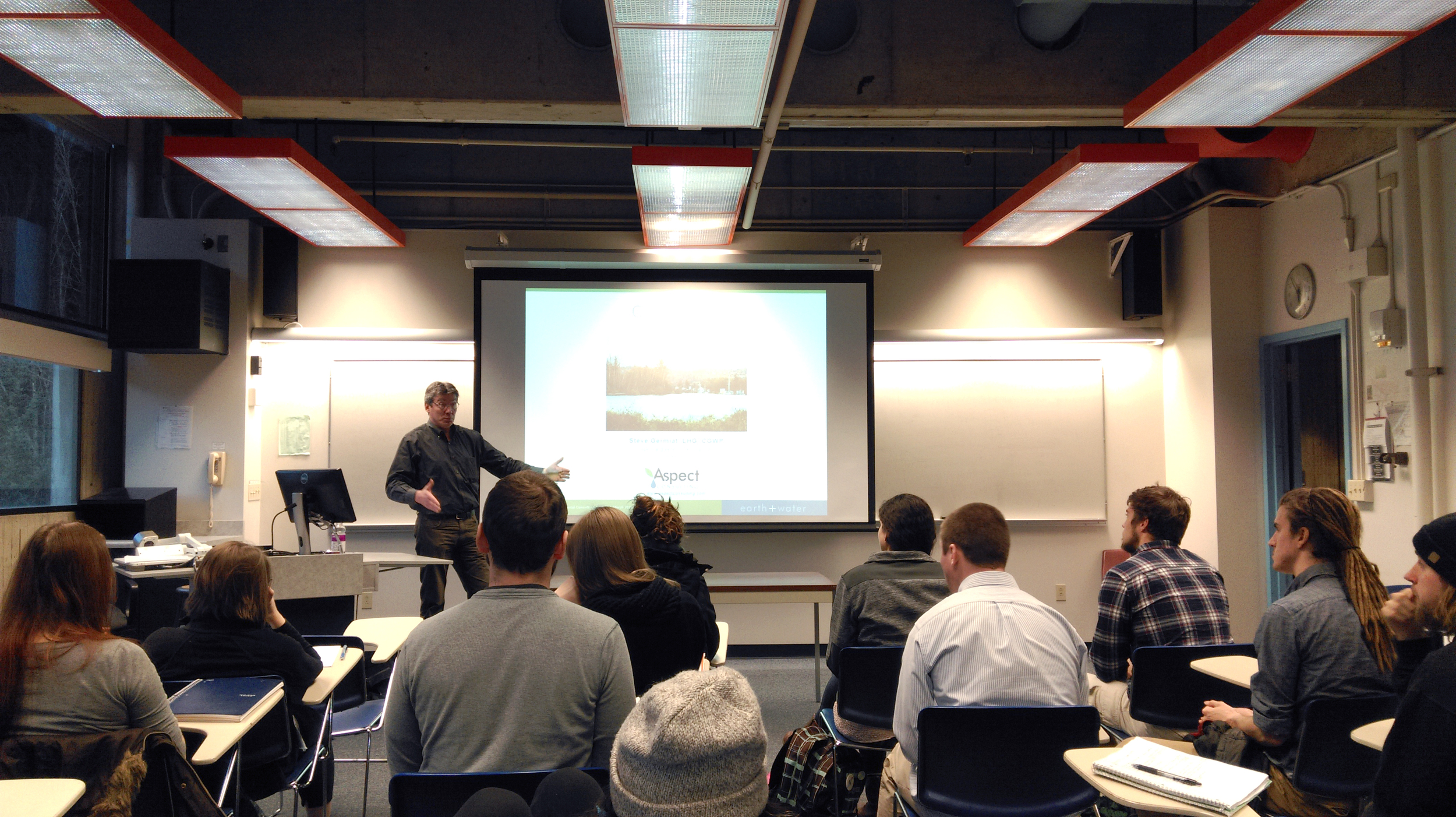Aspect’s Dan Haller will speak on a panel to discuss water rights mitigation at the 8th Annual Water Rights Transfers Seminar in Seattle.
Mitigation—i.e., offsetting impacts from a new water right by either trading water (in kind mitigation) or providing habitat improvement or investment (out of kind mitigation)—is THE topic in Washington water circles because of the Washington State Supreme Court’s recent Foster vs. Ecology decision. This groundbreaking ruling overturned Ecology’s permit approval, thus cancelling the City of Yelm’s water right permit. This timely panel discussion will discuss recent case law and what it means for future water right permitting strategy.
Learn more or register for the conference HERE.


